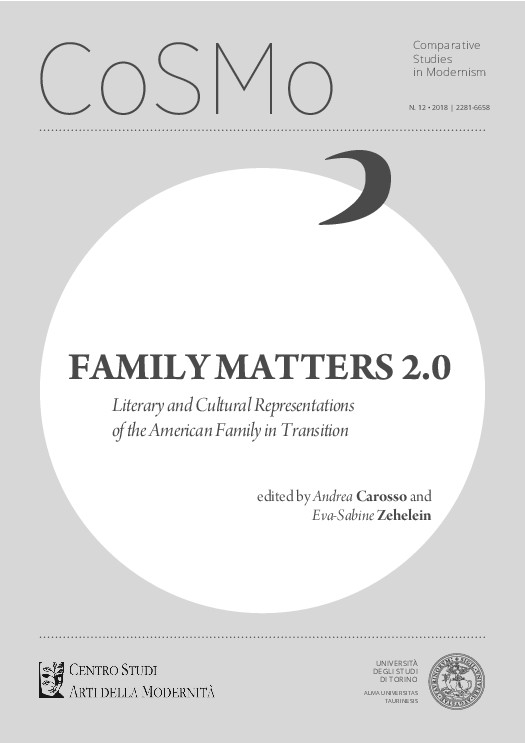“Mandate of Eros”: The Disease of Love in Eliot, Pound, and British Psychology
DOI:
https://doi.org/10.13135/2281-6658/2463Abstract
T. S. Eliot’s “The Love Song of J. Alfred Prufrock” and Ezra Pound’s Hugh Selwyn Mauberley constitute studies in the paradoxically arresting and motivating power of erotic love and its relation to impotent and creative verse. While love paralyzes Eliot’s Prufrock, Pound uses the voice of Mauberley to both illustrate and overcome the paradoxical nature of love in order to give birth to a fertile poetics after his earlier frustrated attempts. Though the voices of Prufrock and Mauberley share similarities, I argue that we ought not conflate Eliot’s and Pound’s poetics. Instead, a clear difference arises between the two when considering the British integral school of psychology that influenced Eliot’s and Pound’s early work during their years in England. Applying the work of one of the members of this school, William Brown, to Eliot’s and Pound’s poetry reveals that “Prufrock” instantiates a poetics of pathological passionate love, whereas Mauberley achieves a poetry of what Brown calls the “divine” affection of love over and against the passionate love prevalent in modernity.
Downloads
##submission.downloads##
Pubblicato
Fascicolo
Sezione
Licenza
Gli autori mantengono i diritti sulla loro opera e cedono alla rivista il diritto di prima pubblicazione dell'opera, contemporaneamente licenziata sotto una Licenza Creative Commons - Attribuzione che permette ad altri di condividere l'opera indicando la paternità intellettuale e la prima pubblicazione su questa rivista.







